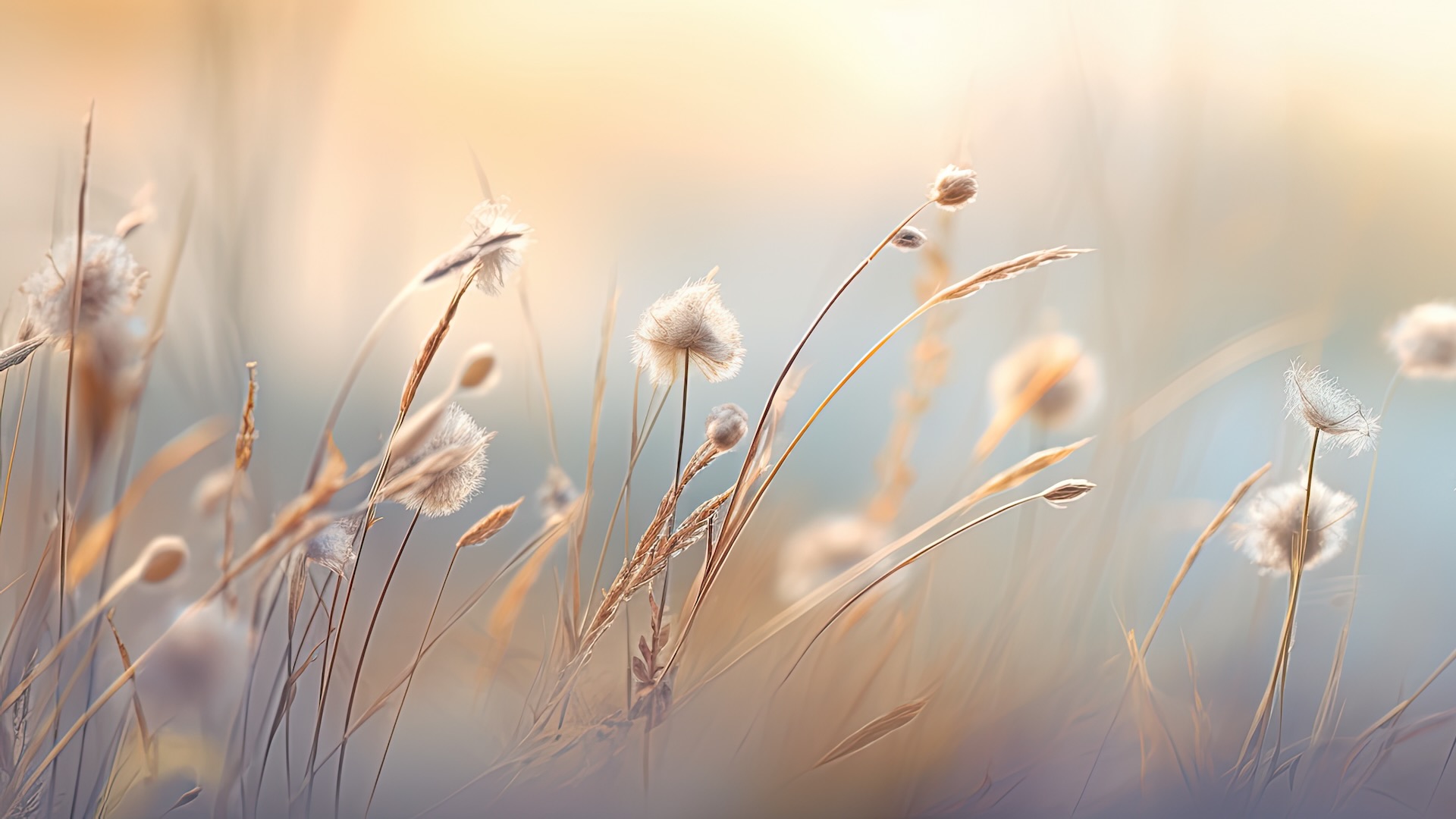
les Burgdeïfala
South European Sector
FRANCE

The Burgdeïfala group, a group of Alsatian folk art and tradition, was founded in 1973 in Illfurth.
Its main objective is to present performances of Alsatian dances and music drawn from
the traditional repertoire of the 16th to 19th centuries, and to add contemporary creations
inspired by the group's composers and choreographers. The Burgdeïfala thus present 19th-century dances from the popular repertoire (Alsatian odd-numbered waltz, Scottish waltz, mazurka, polka, 7-step, branles, etc.) to traditional Alsatian tunes, collected from elders or included in collections of Alsatian tunes (Pinck, Lefftz, etc.), as well as ancient dances from the Renaissance and Baroque periods, as well as musical and choreographic creations based on waltz, Scottish waltz, polka, and mazurka steps.
The orchestra draws inspiration from the traditional musical training present in Alsace before the arrival of typically German brass ensembles at the end of the 19th century. The traditional violins and double bass are complemented by the sounds of the transverse flute, guitar, cello, and accordion. Dancers and musicians wear costumes typical of southern Alsace, from the Swiss border of Sundgau in the south to the Ried plains in the north, passing through Mulhouse, and dating from the late 18th and early 19th centuries. Far from the usual image of the Alsatian woman popularized by Hansi, these costumes feature calico and kelsch, as well as embroidered and gilded headdresses adorned with a tiny bow, the ancestor of the well-known large headdress. In 1984, the Burgdeïfala received the Golden Pretzel from the Institute of Popular Arts and Traditions of Alsace for the authenticity and aesthetics of their performances. Since 2009, the ensemble has been recognized by CIOFF France (International Council of Folklore Festival Organizations – a UNESCO-accredited NGO) for the quality of its work.
